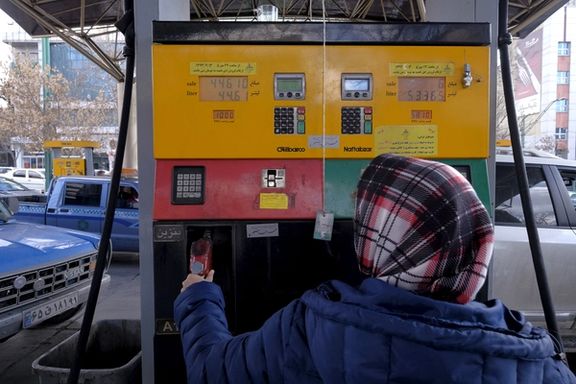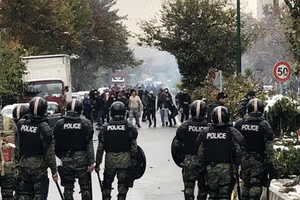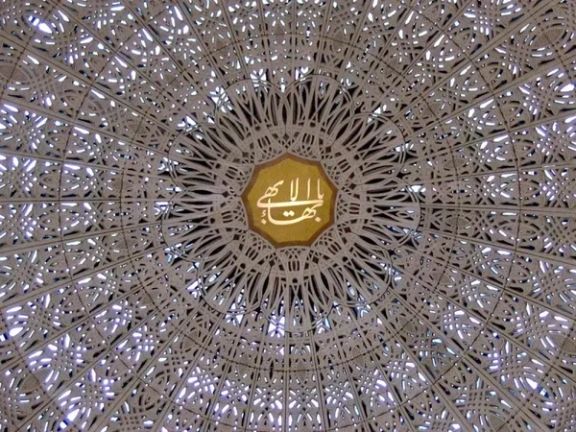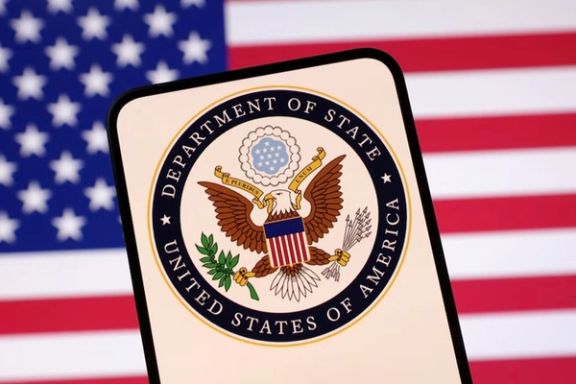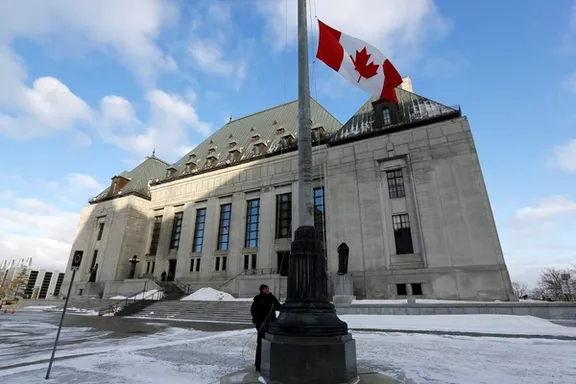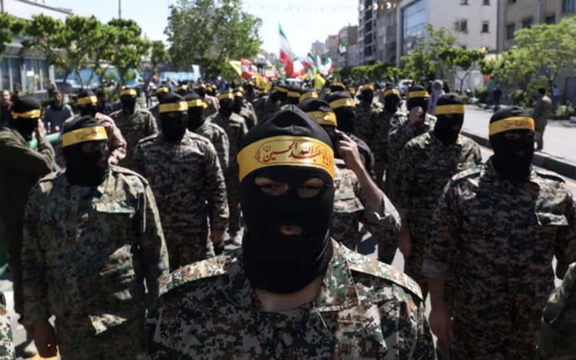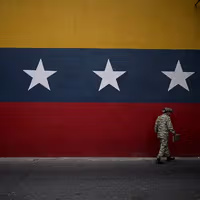President Masoud Pezeshkian asked Saudi Crown Prince Mohammed bin Salman on the eve of his trip to Washington DC last week to act as an intermediary between Iran and the United States to help prepare the conditions for resuming talks, sources said.
In a confidential message delivered through Riyadh, Washington informed Tehran that it would return to the negotiating table only if Iran accepts the three demands previously outlined to Iranian negotiators by Steve Witkoff, President Donald Trump’s special envoy, the sources added.
The United States has long insisted that Iran must completely halt its uranium enrichment program, stop supporting its armed allies in the Middle East, and accept restrictions on its ballistic missile program.
Following Pezeshkian’s latest request for Saudi mediation, sources said, Washington reiterated that any negotiations with Iran remain conditional on Tehran agreeing to those demands.
Iran International on Thursday asked the State Department whether Saudi Arabia had conveyed any message from Tehran or served as an intermediary. The State Department neither confirmed nor denied the existence of such contacts.
“As President Trump has repeatedly said, including at the UN General Assembly, the United States has kept the door open for serious and direct dialogue, even as Iran has consistently rejected negotiations,” the spokesperson said in response to an email inquiry.
Supreme Leader Ali Khamenei on Thursday dismissed reports that Tehran had sought Riyadh’s help to facilitate talks with Washington, saying outreach to Trump would be beneath Iran’s dignity.
“They fabricate rumors claiming that Iran has sent a message to the United States through some country. It is pure lies. Nothing of the sort ever happened,” Khamenei said in a speech.
It is not clear whether Khamenei was not briefed on Pezeshkian’s outreach or whether the Islamic Republic chose to deny the entire exchange after receiving the US response.
The United States held five rounds of negotiations with Iran over its disputed nuclear program earlier this year, for which Trump set a 60-day deadline.
When no agreement was reached by the 61st day on June 13, Israel launched a surprise military offensive, followed by US strikes on June 22 targeting key nuclear facilities in Isfahan, Natanz, and Fordow.
Iran’s Foreign Minister Abbas Araghchi said last week that President Trump’s letter to Supreme Leader Ali Khamenei, sent shortly before the war, explicitly presented two options: continued war and bloodshed, or direct negotiations aimed at completely eliminating Iran’s nuclear enrichment and ballistic missile programs.

